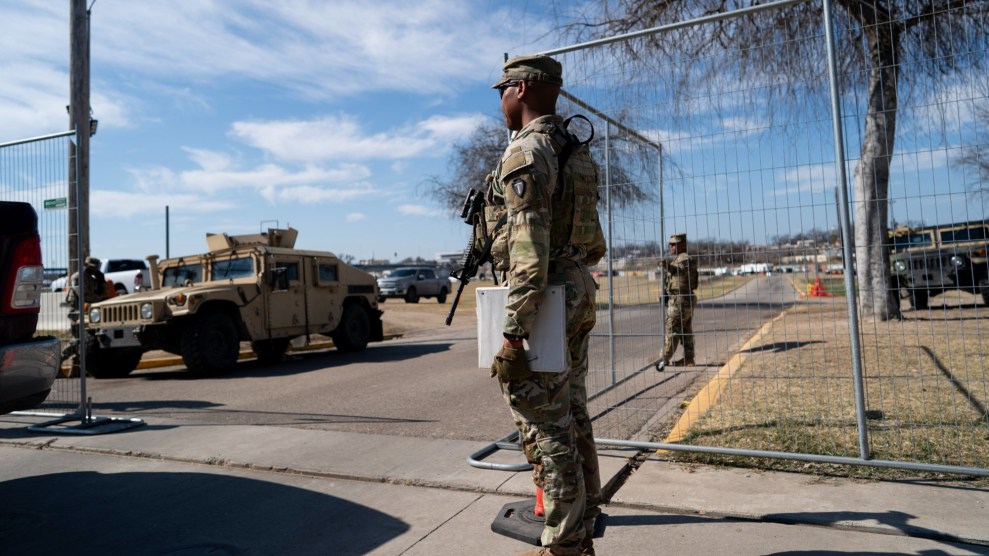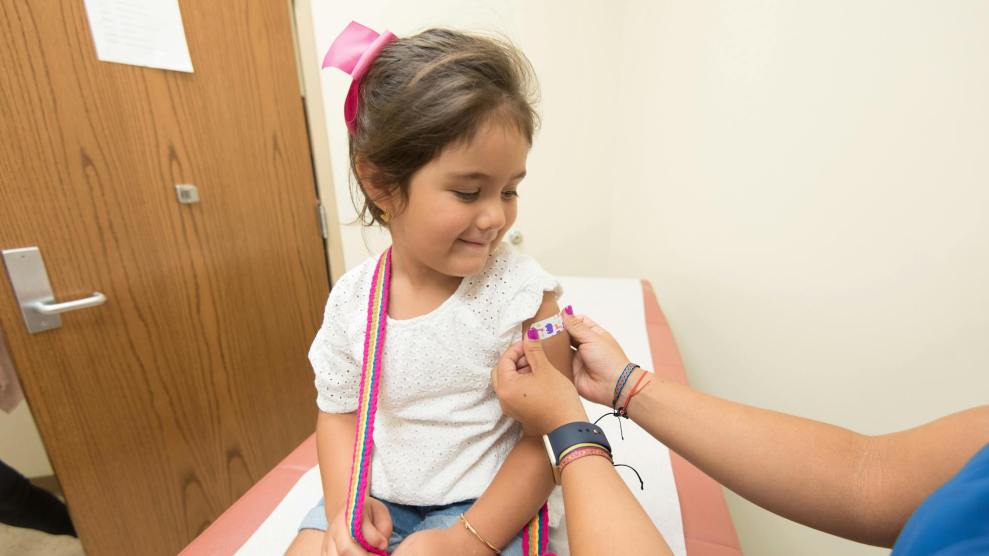Last July was a scorcher in California. The state has officially reported that the record temperatures killed about 150 people. But an AP analysis of death counts by county reveals that nearly 500 more people died that month than normally do in July. The study did not find evidence of a cover-up, but that’s not good news. States don’t yet have the tools to determine what constitutes a weather-related death, meaning that many more will have to die before climate change is recognized as an urgent public health problem.















